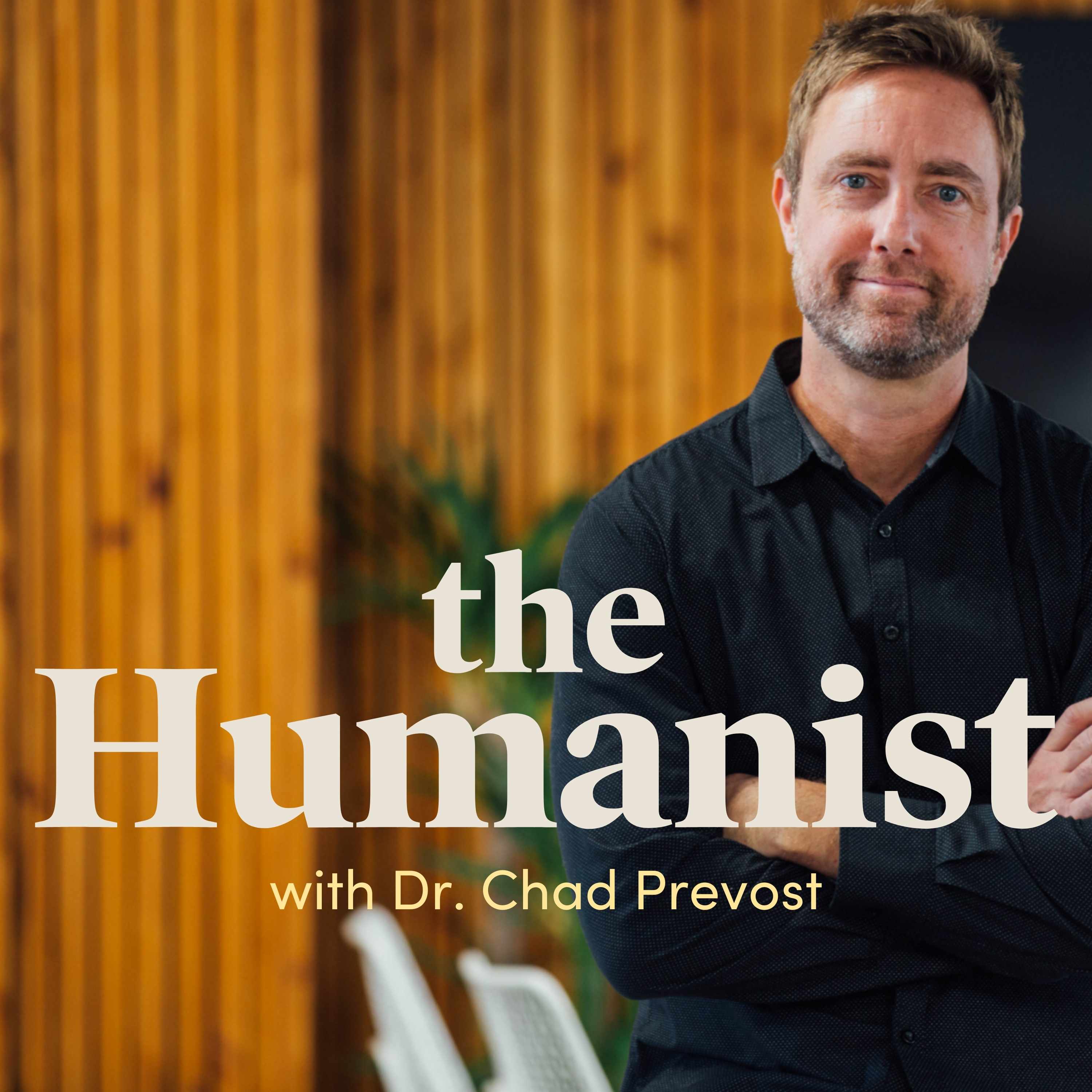Tame the Beast: A Simple Framework to Handle Your Inner Critic
For many of us, the inner voice is generally loving and encouraging, maybe not enthusiastic, but in your corner, calmly evaluating. In fact, a good internal dialog should function more like a reasonable judge. Or like Lester Bangs tells his young protege William Miller in Almost Famous: “I know you think those guys are your friends. You wanna be a true friend to them? Be honest, and unmerciful.”
In other words, sometimes you need a good truth-telling even if it’s not what you want to hear.
With that said, there is a reason we universally struggle with self-talk. Struggle implies conflict. And conflict with the self is what we call inner conflict. But the problem is twofold. Not only is it hard to do something about the way our inner critic talks to us, but a great deal of the time we’re not even aware we’re doing it.
Why?
Because it’s our default state. We’re used to the way we talk to ourselves. We’d almost never talk to our friends or family the way we sometimes may talk to ourselves. So why do we do it?
Because our Inner Critic is fueled by the simultaneous belief that we are better than others and that we are less than others; both feelings are energized by harshness and contempt. Feeling that we’re not enough–especially at work—is painful.
the consequences of not being aware of or tuning into what our Inner Critic is telling us can hurt us and hold us back in many of the most important areas of our lives.
Time Stamps:
4:39--The inflating and deflating of the Inner Critic
7:15--The story of the two wolves inside us all
11:11--Anne Lamott quote of being militantly on your own side
14:42--Walking through a little thought exercise
18:52--Shelley names her Inner Critic and gives it a persona
25:38--There is a balancing we have to do, not just expect to completely get rid of the Inner Critic
32:22--Take on the persona of the Inner Teacher
34:27--The simple ABCDE framework
Show Notes and Links:
Brendon Burchard says that successful people use positive self-talk frequently.
Pete Walker suggests memorizing your list of positive attributes and repeating them to yourself whenever you have an Inner Critic attack. Positive self-talk is part of the emotional healing process.
Studies show that people who practice “self-compassion” are happier, more optimistic and less anxious and depressed.
Follow up with us and check out our Burnout Coaching Package here.

